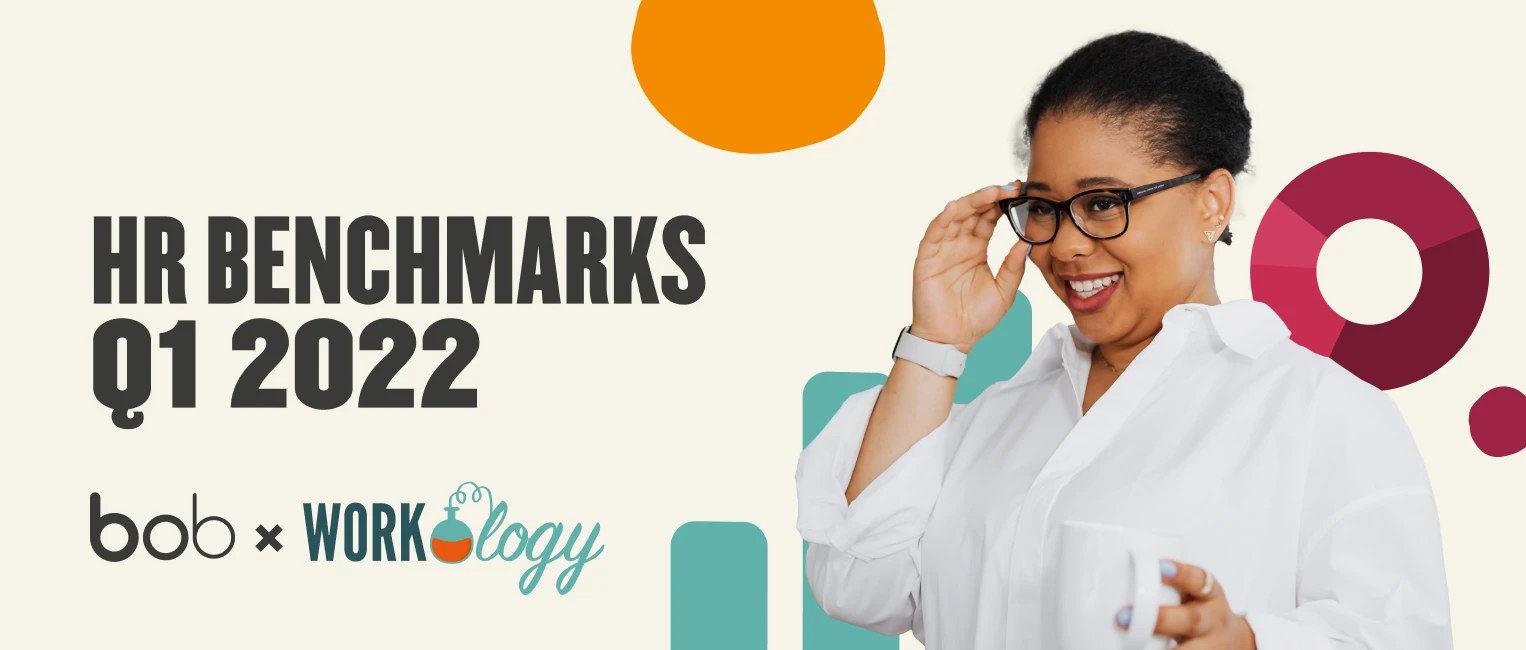The HR profession is no longer an admin/payroll position
We recently partnered with Workology, a global HR media company, to launch a continuous HR benchmark survey of US HR professionals. This rolling benchmark study aims to help HR professionals understand how their peers approach HR strategy and programming and monitors how these approaches change and develop. HR professionals who fill out the survey will receive a detailed report with information and critical insights at the end of each quarter.
The benchmark reveals that HR now plays a crucial role in high-level business programs at modern organizations. HR is now often led by a C-level people executive. CHROs and Human Resources leaders are increasingly held responsible for these programs, alongside other C-suite leaders.
The HR leader is a business leader
HR played a leading role in helping companies adjust to the pandemic’s impact on the workplace, from figuring out how to build and maintain great remote and hybrid work cultures to overseeing the employee experience and onboarding and offboarding.
Ninety-seven percent of respondents noted that HR leads their company’s employee onboarding process, fosters company culture and employee engagement, and oversees the recruiting process. In fact, only 50 percent of HR leaders said they take the lead on payroll and admin tasks. On the other hand, almost 63 percent manage employer branding, an up-and-coming and important initiative HR and marketing teams collaborate on.
On top of that, HR has become critical to the company’s overall business success, with 57 percent of respondents answering a 5/5 on the importance of HR’s contributions to the company’s success.
A deep dive into budget plans for HR programs shows that 45 percent of respondents say that HR budgets will increase by up to 20 percent over the year. Another 6 percent of respondents say the budget will increase by 30 percent or more.
Employee retention is HR’s number one challenge
When asked about their primary business focuses for the next six months, more than half (52 percent) of HR professionals said retention and turnover are their most critical issues. Only 37 percent said that rapid growth was a primary business focus.
These results prove that HR teams are more focused on retaining and engaging their people rather than revenue since a strong team is the foundation for maintaining and increasing productivity. If HR is constantly recruiting, only to fill the gaps created by turnover, the business will never grow.
Recommended For Further Reading
HR professionals use HR tech to measure and track the HR impact
Tracking and reporting metrics is part of HR’s way of measuring how much impact HR programs make on the organization. HR professionals are increasingly focused on providing hard data based on metrics requested directly by managers and the C-suite. Key performance indicators (KPIs) for HR include tracking turnover (79 percent), retention (52 percent), and tenure (51 percent).
Because of HR’s leadership role, HR tools are evolving rapidly to meet their needs. HR leaders believe the most essential tools an HR tech stack can have are a human resources information system (HRIS), recruiting tech, survey tech, and payroll systems.
While our survey provided respondents with a list of 12 tech solutions, the average number of tech stack functions respondents used was six. This shows there is room for HR budgets to adopt additional tech tools to help engage people, improve communication, foster company culture, increase retention, and track metrics to report on it.
The bottom line: Modern HR is integral to modern businesses
Today’s HR professionals are critical to business success. They’re no longer back-office administrators or focused primarily on payroll. Modern HR stands at the core of organizations’ key decision-making processes, ensuring companies place the focus on people today’s workforce demands–they’re integral to succeeding in the modern business world.
To get a copy of the full report and insights, please fill out our HR Benchmark Survey.


